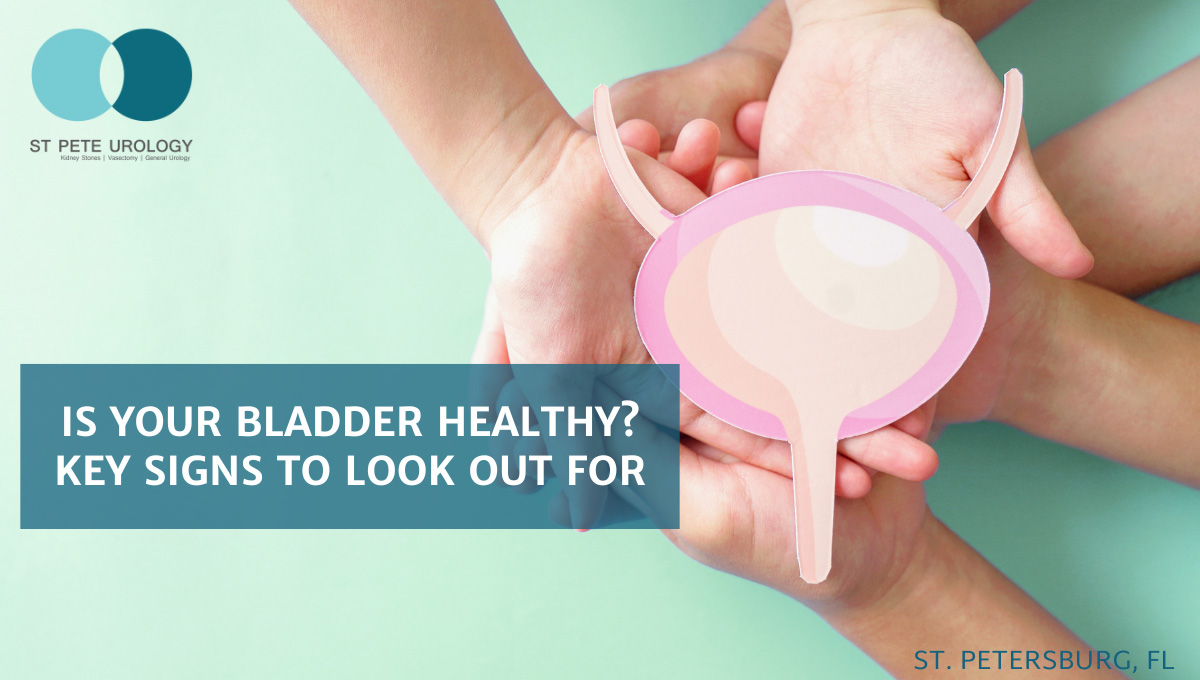Do you already have a urinary tract infection (UTI)?
 If so, you need immediate antibiotic treatment—UTIs respond well to antibiotics. But if your UTI is a stubborn or recurrent illness, then you should try a dietary change alongside the antibiotics. There are foods that can protect your urinary tract by increasing the pH of the tract, stopping the growth of bacteria, or preventing bacterial attachment on cells. In turn, they improve the efficiency of antibiotics and speed up recovery. So, what is the role of diet in UTI prevention and treatment?
If so, you need immediate antibiotic treatment—UTIs respond well to antibiotics. But if your UTI is a stubborn or recurrent illness, then you should try a dietary change alongside the antibiotics. There are foods that can protect your urinary tract by increasing the pH of the tract, stopping the growth of bacteria, or preventing bacterial attachment on cells. In turn, they improve the efficiency of antibiotics and speed up recovery. So, what is the role of diet in UTI prevention and treatment?
Can reduce exposure to UTI-causing bacteria
Some foods are reservoirs of UTI-causing bacteria while others are not. For example, pork, poultry, and other types of animal meat are reservoirs of the bacterial strains of Escherichia coli (E. coli) called extra-intestinal pathogenic E. coli (ExPEC). ExPEC are known to be responsible for over 70 percent of all UTIs. Therefore, when you regularly eat foods that contain ExPEC, you increase your risk of UTIs. On the contrary, plant-based foods do not often contain these bacteria. Hence, a vegetarian diet helps you avoid contact with these bacteria and protects you against new or recurrent UTIs.
Can change the pH of the urinary tract
For you to have a UTI, bacteria from the outside or from another part of the body must reach and establish in the urinary tract. But the growth of bacteria in the tract requires a suitable pH, among other factors. Studies have shown that foods that increase the pH of urine tend to stop the growth of UTI-causing bacteria. In contrast, foods that make the urine more acidic promote the growth of these bacteria and increase the frequency of UTIs.
This is how: Studies have shown that red meat and other animal proteins contain high potential renal acid loads (PRALs). When these foods are eaten frequently, they increase the acidity of urine and encourage the growth of UTI-causing bacteria. But fruits and vegetables contain low potential renal acid loads (PRALs). So, a regular vegetarian diet makes urine less acidic, prevents the growth of bacteria, and protects against UTIs. To prevent UTI, regularly eat oranges, broccoli, tomatoes, spinach, red berries, cauliflower, grapefruits, and foods rich in vitamin C.
Can flush out bacteria from the urinary tract
Water and other fluids are powerful antidotes against UTIs. Drinking plenty of fluids, even when not thirsty, increases urinary frequency. During urination, the urine stream washes out bacteria from the urinary tract. This reduces their numbers and protects against infection. In fact, studies have shown that taking 6-8 glasses of water every day reduces the risk of UTIs by 58 percent. It also speeds up recovery from UTIs and protects against recurrent infections.
Can prevent bacteria from attaching to cells of the urinary tract
Some foods play a role in UTI prevention and treatment by stopping infectious bacteria from attaching to the walls of the urinary tract. For example, freshly-squeezed 100-percent berry juices, like cranberry and blueberry, make it impossible for Escherichia coli and other bacteria to attach to cells of the urinary tract. These berries contain compounds called proanthocyanidins, which prevent the bacteria from sticking to the lining of the urinary tract. Hence, the bacteria remain free in the tract and are easily flushed out by urine. So, by adding these berries to your diet, you lower your risk of infection, speed up your recovery from an existing UTI, and prevent recurrent infections.
Can add good bacteria to the urinary tract
UTIs can be prevented by biological means. And probiotics and fermented foods are a great way to use good bacteria to stop the growth of bad bacteria in the urinary tract. For instance, yogurt and other fermented foods, such as sauerkraut and pickles, contain Lactobacilli and Bifidobacteria. When these bacteria reach the urinary tract, they stop Escherichia coli and other infectious bacteria from growing. By enriching your diet with probiotics and fermented products, you can prevent UTIs by stopping the growth of infectious bacteria.
Can make the urinary tract favorable for growth of UTI-causing bacteria
There are certain foods that encourage the growth of Escherichia coli and other UTI-causing bacteria. And so their intake should be reduced when undergoing treatment for UTIs. For instance, taking too much sugar encourages the breeding of bacteria in the urinary tract. That’s why you need to reduce sugar consumption when undergoing treatment or avoid sugar when struggling with a recurrent UTI. Also avoid sugary cookies, candies, or sweetened beverages—substitute them with water. Likewise, potential bladder irritants should be avoided. Once they irritate the bladder, they increase lower urinary symptoms that end up creating conditions necessary for the growth of infectious bacteria. Therefore, when undergoing treatment for UTI, avoid bladder irritants such as tea, soda, alcohol, coffee, and artificially sweetened beverages. Equally, avoid spicy foods and stop eating acidic fruits, such as lemons, oranges, or limes. You can resume eating them after the infection is gone, especially to get vitamin C, which helps prevent future infections.
Want to learn more about UTIs and other urological problems? Visit the site “St Pete Urology.”
References
“How to Prevent UTI.” Healthline, https://www.healthline.com/health/how-to-prevent-uti.











 If so, you need immediate antibiotic treatment—
If so, you need immediate antibiotic treatment—